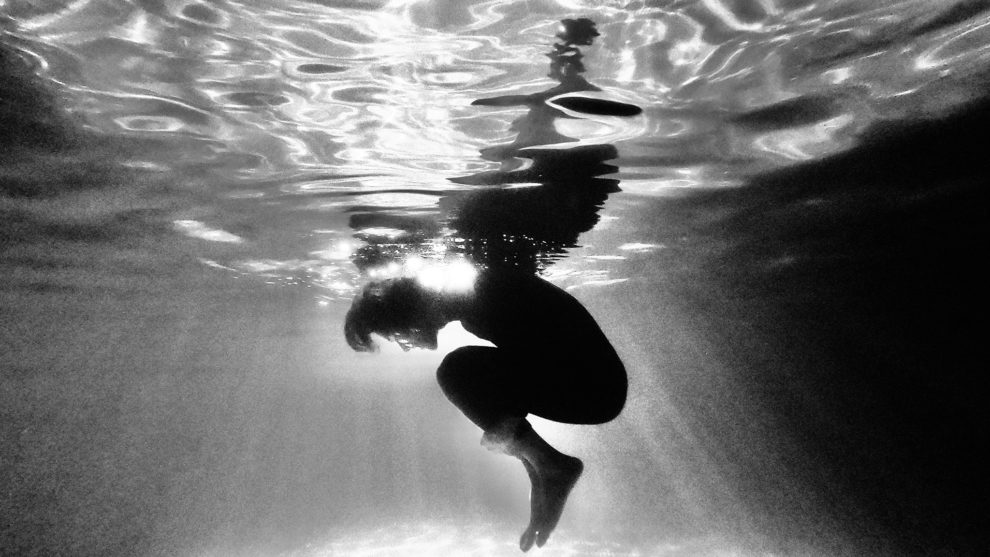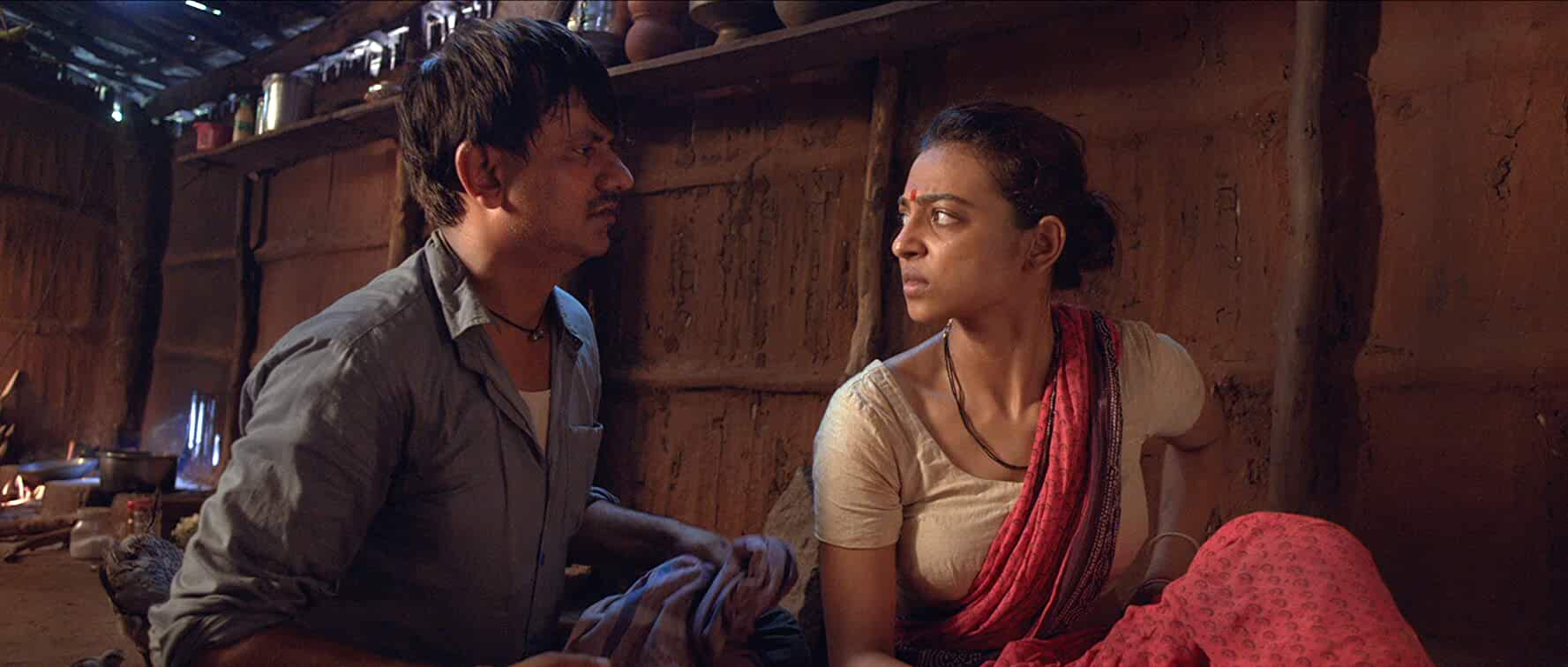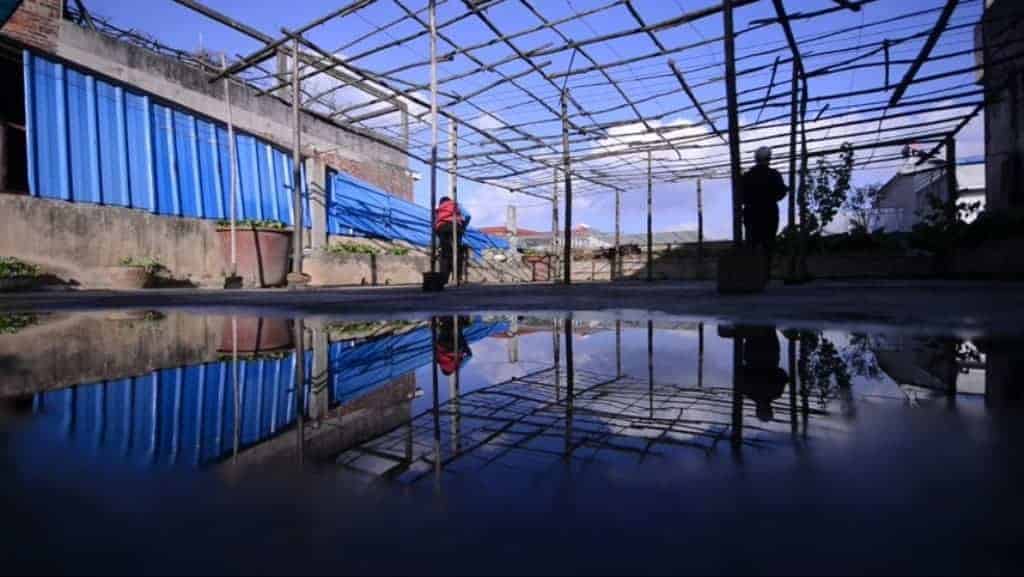Leah Dou navigates through Tibet in a journey of liminal boundaries, between dreams and the past, in a fable of a psychedelic touch.
Bipolar is screening at International Film Festival Rotterdam
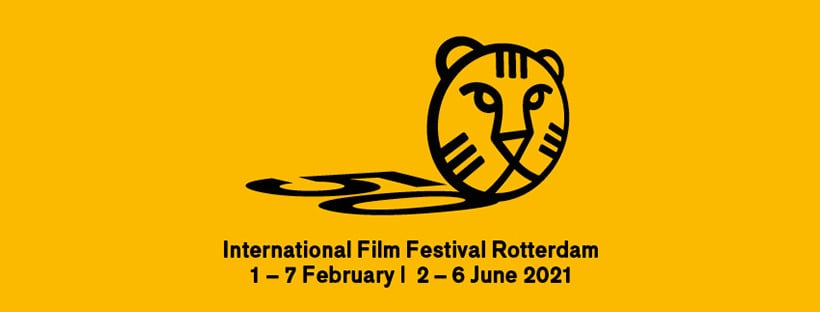
A young woman in a phone booth and an inaudible conversation that seems to go nowhere. The news bring pain, the body starts to shiver. As she cringes, the memories take over the picture. A shadow drifting underwater of the shimmering monochromes of a swimming pool. That's the protagonist (Leah Dou in a seemingly autobiographical role), captured between liminal boundaries, these of dreams, traumas, and reality. She's just about to go on a life-changing pilgrimage. Starting in Lhasa, Tibet, with a vague plan in her hand, she hops onto a car to reconcile with her past. Every road-movie needs a companion, a buddy to lean on. Here? An ambiguous, supposedly holy lobster that tinkles with psychedelic liquid. Together, they will face the boundless Tibetan scenery in something of a travesty of the Orpheus myth. What will be the final gaze?
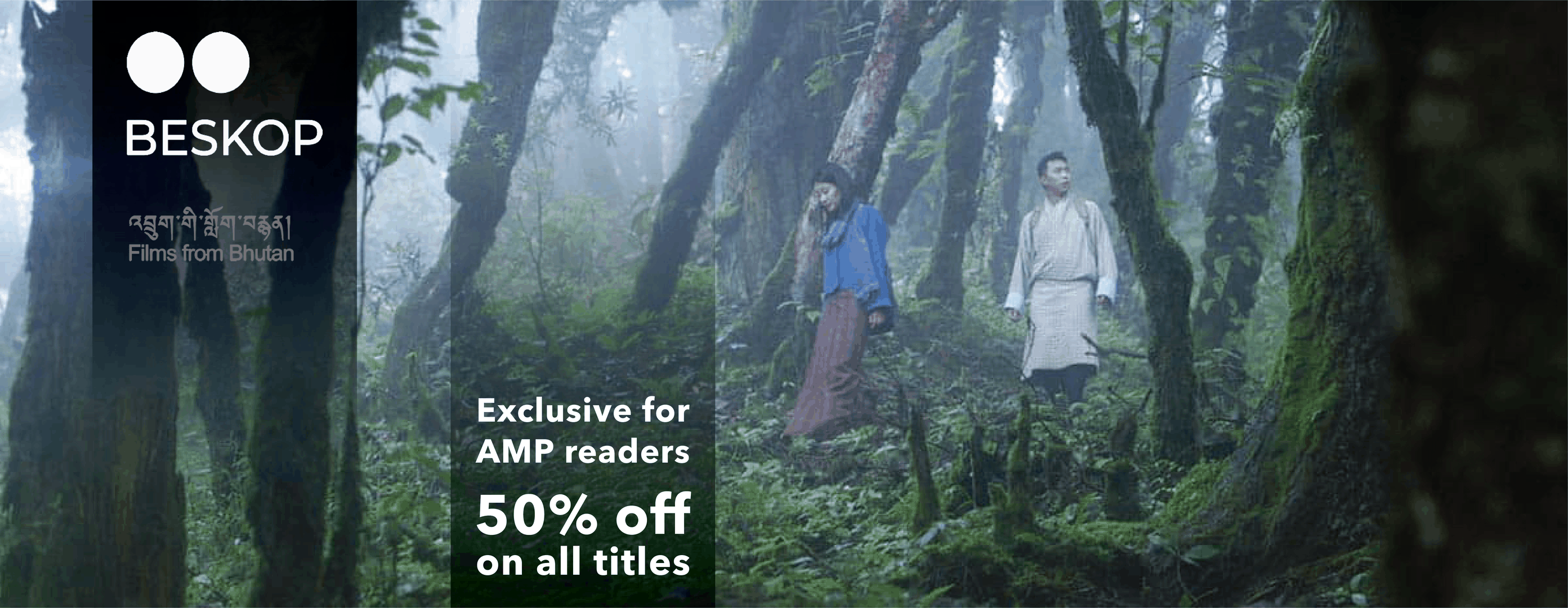
Queena Li's “Bipolar” is a debut that takes everything at stake. It is a departure from a realist world of expression, but then again, a fable of the weirdness of many sorts. Whilst Leah Dou struggles to navigate the car through a vast landscape of Tibet, Queena Li does as much to operate around cinematic verbalization. A grand spectacle of forms: from high contrast b&w to acid palettes, switching the gaze of the camera (lobster sees the world in an Instax-photo sized lens), fairy-tailing through a freeze-frame, Brechtian distancing, to the dreamy sequences in which all the weirdos of the world share their wisdom in at times confusing cameos (Khyentse Norbu is my favourite, with a wig-seller role). If festival cocktail parties were a road-movie held online, this would be the impression – people accidentally popping on each other and disconnecting once it gets uncomfortable. Been there, seen that.
This is a film that seems to want everything: experiment, shock, immerse, make you high. At times, it might seem like a goodbye letter, a nostalgic tribute to mentors, from a student who, through a testament, praises all the cinematic miracles of our worlds. Like a wild challenge to make only one film in your life. There you go. With all the slowness hitting in the little reality of ours these days, one might find it problematic to follow up with the pedal-to-the-metal tempo of Queena Li's debut. However, on the contrary, it might be in a sense, a comforting experience with a much-needed resonance. Leah Dou is a drifter; caught between pain and sorrow, but then again, between past and the future. She seems to wait for a mythical “there”, something hazy and unclear, a reason for looking forward to – just as many of us currently, I guess. Left with nothing but loneliness, she keeps recollecting the past, holding onto the memory of a long-gone lover. Or does she?
Drifting through Tibet (land of the dead that was pictured more beautifully only in Pema Tseden's “Jinpa”), with no exit door on the horizon, no barrier to hold on to, Leah's journey unfolds as a process of recollecting one's shattered identity. This is a fragmented mirror, that needs to be puzzled up; quite like Bergman's “Persona” but limboed between gender expression and selfhood consisting of dreams. A disjunction of snapshots of the past might bring the eventual breakthrough. With mirroring oneself through the universe of weird, eclectic misfits, the task is to put one final gaze not on the loved ones, as Orpheus did, but perhaps on oneself. We easily grab onto happiness, that's why we – and Leah – are surprised with the outcome when it grows into unhappiness. The road back there, though, might be the longest night's journey back to day.


